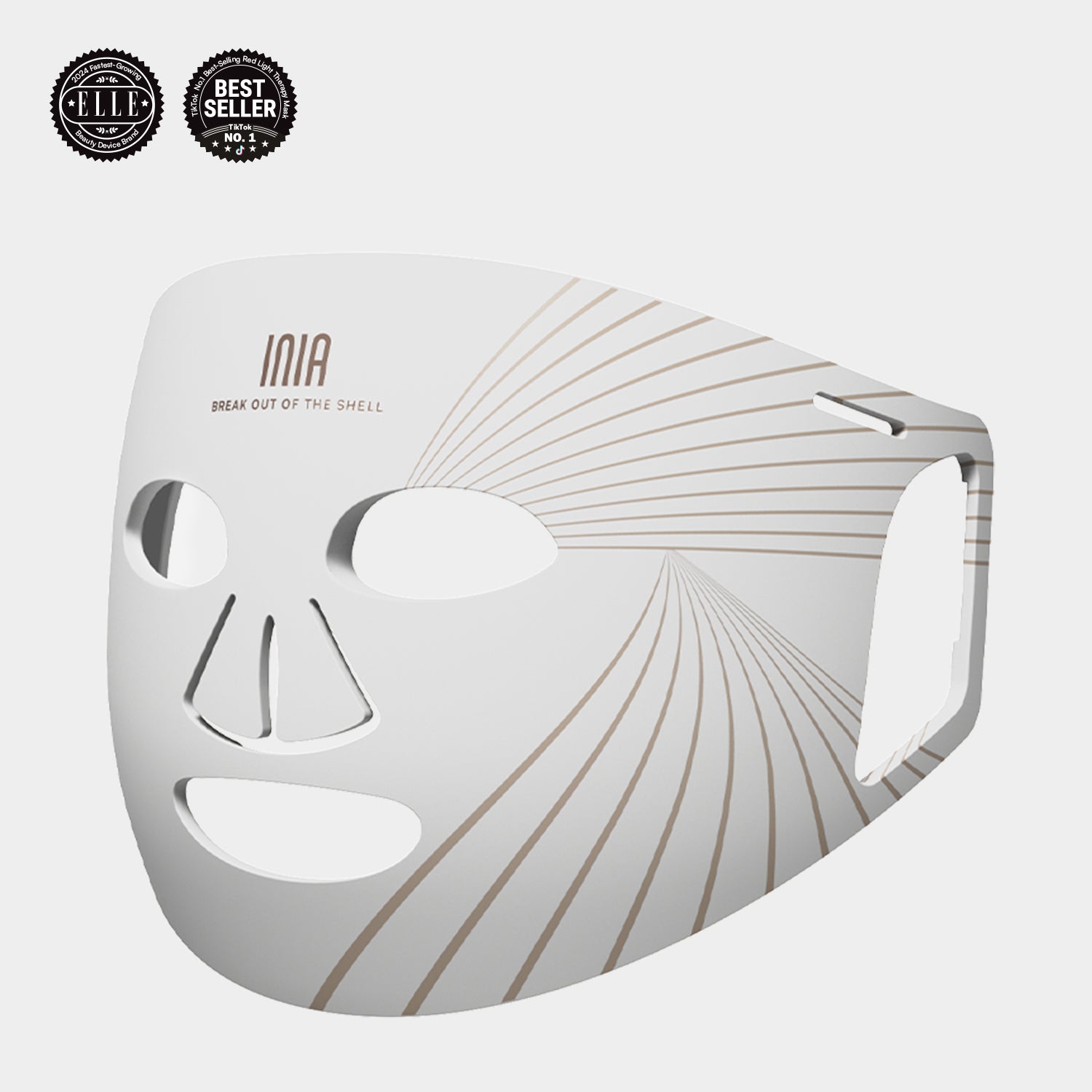Unlock Radiant Skin: Discover the Secret of the Red Light Therapy Mask!
Red light therapy has emerged as a revolutionary skincare treatment, gaining popularity among beauty enthusiasts and skincare professionals alike. This innovative approach harnesses the power of specific wavelengths of light to promote skin health and rejuvenation. A red light therapy mask is a convenient at-home device designed to deliver these benefits directly to your skin. By stimulating collagen production and enhancing cellular repair, these masks can help address a variety of skin concerns, from fine lines and wrinkles to uneven skin tone. Finding the right mask tailored to your individual skin needs is essential for achieving optimal results, making this guide a valuable resource for anyone interested in incorporating red light therapy into their skincare routine.

Understanding Red Light Therapy
Red light therapy involves the use of low-level wavelengths of red light to penetrate the skin and stimulate cellular activity. The science behind it lies in the ability of these wavelengths to energize the mitochondria, the powerhouse of our cells, leading to enhanced collagen production and improved cellular repair. This process promotes healing and rejuvenation, making red light therapy a powerful tool for combating various skin issues such as acne scars, sun damage, and signs of aging. By increasing blood flow and reducing inflammation, red light therapy not only enhances the appearance of the skin but also contributes to overall skin health. Many users report visible improvements in their skin's texture and tone after incorporating red light therapy into their routines, making it a popular choice for skincare enthusiasts.
Benefits of Using a Red Light Therapy Mask
Utilizing a red light therapy mask comes with a myriad of benefits that can transform your skincare routine. One of the most notable advantages is the improvement in skin tone and texture; consistent use can lead to a more youthful and radiant appearance. Additionally, these masks can effectively reduce the visibility of fine lines and wrinkles by boosting collagen production. Anecdotal evidence from friends who have tried red light therapy masks suggests they notice fewer blemishes and an overall enhanced healing process for their skin. Moreover, experts often highlight the mask's ability to promote relaxation and stress relief during treatment sessions, making it a dual-purpose tool for both skincare and self-care. With regular use, many users find their skin not only looks better but feels revitalized and rejuvenated.
How to Choose the Right Red Light Therapy Mask
When selecting a red light therapy mask, it's crucial to consider several key features that influence its effectiveness. First, the wavelength of the light emitted is essential; masks that operate within the 600 to 650 nanometer range are typically most effective for skin rejuvenation. Additionally, the intensity of the light can vary, so it's important to look for a mask that provides adequate power without causing discomfort. The design of the mask is also a factor; a well-fitted mask ensures that light reaches all areas of your face evenly. Lastly, consider your skin type—some masks may be better suited for sensitive skin, while others might cater to oily or combination skin. Taking the time to research and choose a mask that aligns with your specific needs will enhance your experience and results.
Best Practices for Using a Red Light Therapy Mask
To maximize the benefits of your red light therapy mask, it's essential to adhere to best practices during use. Start by determining the optimal duration for your sessions; typically, using the mask for 10 to 20 minutes is effective. Consistency is key, so aim for a few sessions per week for the best results. It's also advisable to cleanse your skin before treatment to remove any impurities that could hinder light absorption. After using the mask, follow up with a nourishing serum or moisturizer to lock in the benefits of the treatment. Avoid common pitfalls such as overusing the mask, which can lead to skin irritation, and ensure you are using it in a well-lit, comfortable environment to promote relaxation. By following these guidelines, you can enjoy the full spectrum of benefits that red light therapy has to offer.
Unlocking the Benefits of Red Light Therapy
In summary, red light therapy masks present an exciting opportunity for anyone looking to enhance their skincare routine. With their ability to improve skin tone, reduce wrinkles, and promote healing, these masks are a valuable addition to your beauty arsenal. By understanding the science behind red light therapy, recognizing the benefits it can provide, and knowing how to choose and use your mask effectively, you can unlock the secret to radiant skin. Embrace the transformative power of red light therapy and consider incorporating it into your daily skincare regimen for a glow that radiates confidence.








